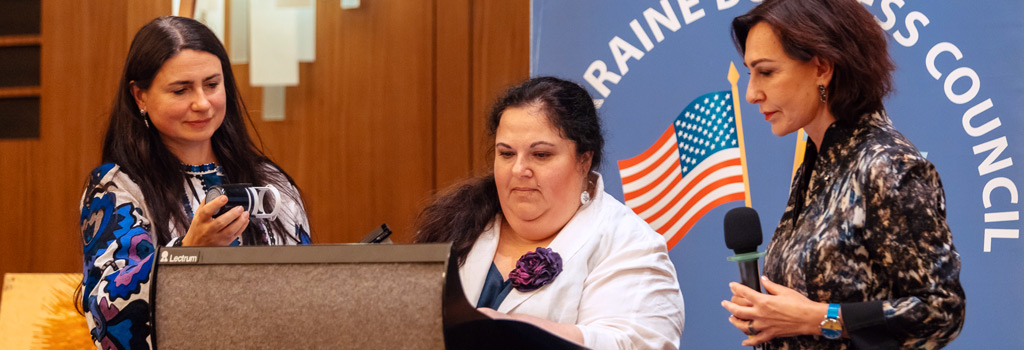|
Why a Revolution?
Payment services are rigidly regulated in Ukraine. The existing rules are so outdated that most straightforward payment operations involve lengthy and complicated procedures, numerous paper documents and offer no flexibility. The only way to change the existing rules is to replace them with a new framework that will introduce a new architecture into making payments and provide open banking principles.
The Payment Services Law completely overhauls the regulation of payments market in Ukraine. Our one-page infographic provides a concise summary of the Payment Services Law: the new list of payment services providers, types of financial and non-financial services, as well as ancillary services, new types of payment instruments and TOP-5 novelties of the Payment Services Law.
Key Novelties
Some of the key novelties introduced by the Payment Services Law include:
- New players: most payment services in Ukraine can currently be provided only by commercial banks (e.g., issuing payment cards and e-money, and opening current bank accounts). The new law contemplates that payment institutions other than banks will be entitled to provide these payment services, which will increase competition in the market. Certain services may be rendered by providers of “limited payment services”, i.e. by telecom and internet providers
- Scope of payment services: there will be nine payment services, seven of which relate to financial payment services and the remaining two constitute non-financial payment services. In each case, the providers of these payment services will be specifically determined.
- One regulator for payment services: unlike previously, only one regulator of payment services will authorise payment service providers for any stage of the payment process and related services. The National Bank of Ukraine will effectively become the only regulator of this market.
- Easy authorisation for payment business: the authorisation of payment service providers and the introduction of the concept of small payment institutions will simplify the process of operating a payments business in Ukraine.
- No mandatory participation in a payment system: under existing rules, only a financial institution which is a member of a payment system can run a payments business. The new law no longer has this requirement for rendering payment services.
- More client accounts and open banking: non-banking payment services providers will be entitled to open and manage payment accounts. Open banking principles are now set out in the Payment Services Law and will allow new participants to access client accounts. Additionally, account information service providers and payment initiation service providers will be authorised to operate in Ukraine.
- Transparency: the terms of payment services are expected to become more transparent as the Draft Law on Payment Services improves the requirements on the provision of payment services related information to customers.
- Security of payment operations and counteraction to fraud: for some types of transactions there will be additional security requirements towards, e.g., strong customer identification. The Payment Services Law envisages stricter liability for illegal actions with payment instruments and access to bank and payment accounts to minimise cyber fraud.
For more information on the topic, contact your regular CMS local experts:
|
 Holodomor Posters
Holodomor Posters

 CMS, Kyiv, Ukraine,
CMS, Kyiv, Ukraine,




















